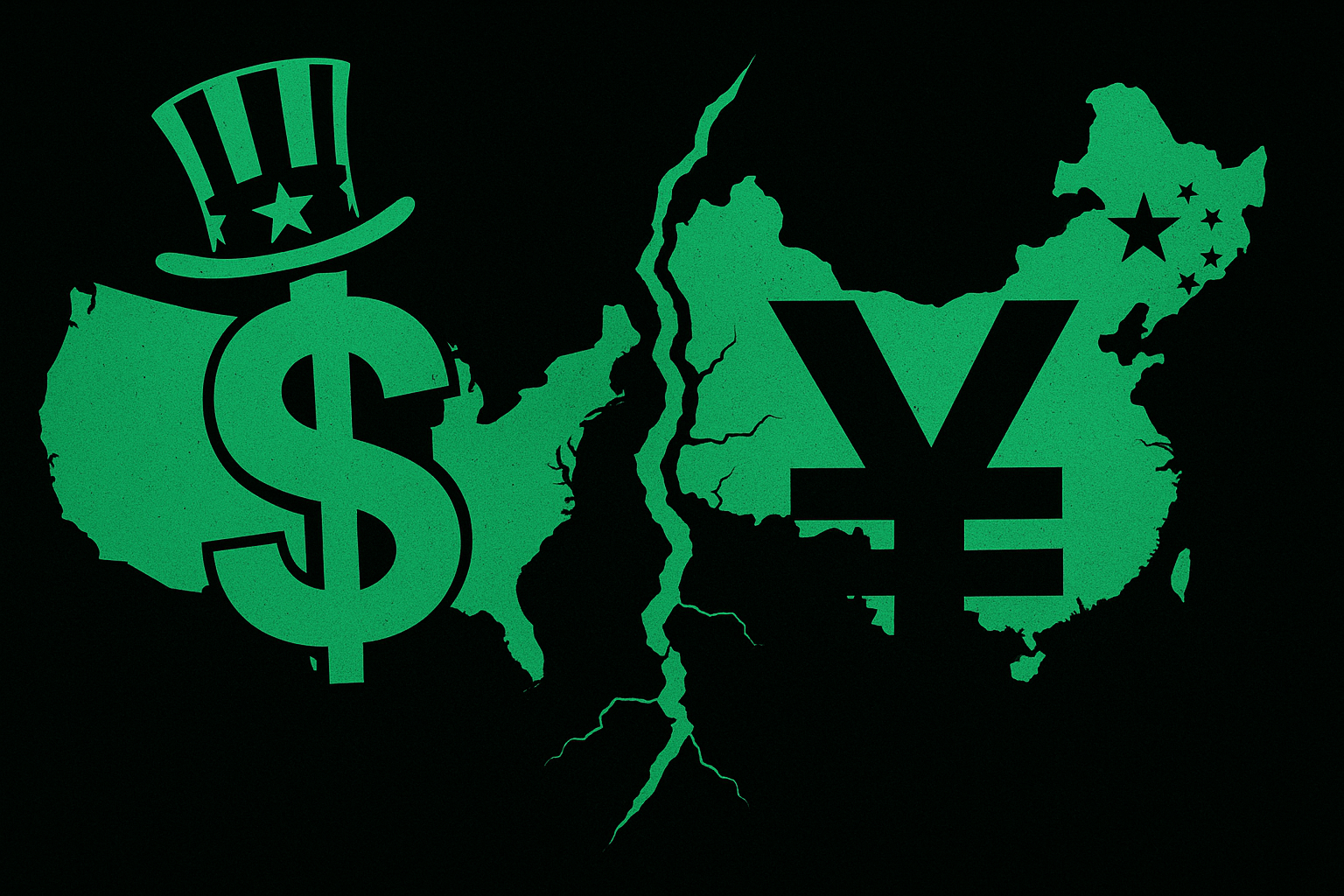ARTICLE AD BOX

- Hayes says the U.S.-China economic split will come more from blocked investments than from tariffs.
- Texas law banning property sales to some foreigners seen as a sign of growing capital controls.
Co-founder of BitMEX Arthur Hayes feels capital controls, as opposed to tariffs, will be the main cause of the United States and China drawing further away economically. Hayes expressed this on social media by pointing to recent legal developments in Texas as an example of things to come.
Capital controls not tariffs will be the driving force behind the eventual Chi-American divorce. pic.twitter.com/bJpSr7IcI4
— Arthur Hayes (@CryptoHayes) May 12, 2025
Hayes’s comments were linked to Senate Bill 17, approved last week by the Texas House of Representatives. The bill blocks residents of China, Iran, North Korea, and Russia from purchasing real estate in the state of Texas. Hayes contended it was a sign of a widening split between Washington and Beijing that could soon extend to more restrictive capital controls.
The law directly forbids foreign nationals and governments from buying homes, agricultural land, or commercial property. The law affects only prospective purchases and does not reclaim any already owned properties. The authority to add additional countries to the vetted list has been granted to Texas Governor Greg Abbott and does not require legislative approval.
Chinese Nationals Now Own Over 380,000 Acres in U.S. — $2B in Direct Investments
Government records show that as of year-end 2024, Chinese nationals controlled approximately 383,935 acres of land in the United States. About 195,000 acres representing direct investment from Chinese individuals are valued at about $2 billion. The remaining is controlled by 62 American firms with shareholders who are Chinese.
Hayes posted a news report citing this Texas provision as indicating that land ownership restrictions and not merely trade policy would dictate the division. While several social media followers defended the law as a matter of national security, others wondered if it was really capital control.
One of the commenters contended that Americans do not have the right to purchase land there but expressed it as a question of national security and not capital control.
“Go to any Asian country and their government protects citizens from having foreigners come in and buy up all the desirable properties,” another commenter said
The law provides for civil fines of a minimum of $250,000 in the event of violations. The law has been presented by proponents as protection of state assets against so-called hostile countries on the basis of federal threat measurements.
Opposition Cites Civil Rights and Executive Overreach
In spite of Republican legislators supporting the bill, the bill has been met with controversy throughout the state. Hundreds protested in Austin with signs such as “Stop the hate” and Housing is a human right. The law unfairly targets individuals by nationality, according to opponents.
Alice Yi of Asian Texans for Justice replied, “This is a racist bill.” Democrat Gene Wu of Houston cautioned during the debate that the ambiguous language of the law might indirectly target thousands of lawful residents who are on student or work visas.
State Representative Wes Virdell, a Republican representative, did not vote against or in favor of the bill. He criticized the bill for failing to achieve its objective by making everyday individuals a part of it and giving a lot of authority to the governor.
.png)
 4 hours ago
1
4 hours ago
1








 English (US)
English (US)